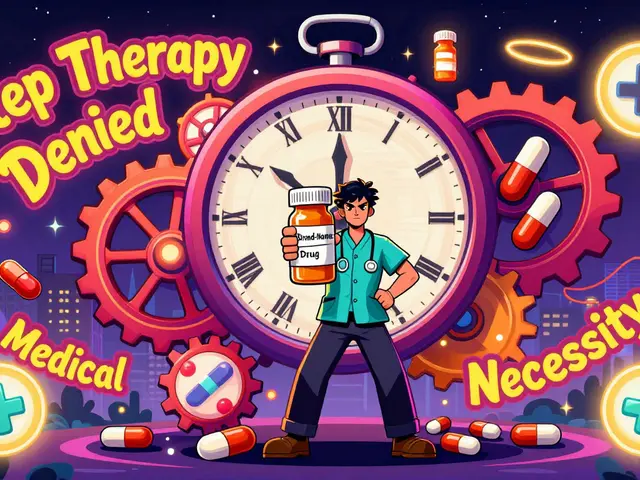Fluoroquinolone Risk: What You Need to Know About Side Effects and Safety
When doctors prescribe fluoroquinolone, a class of powerful antibiotics used for stubborn infections like urinary tract infections, pneumonia, and sinusitis. Also known as FQ antibiotics, they work fast—but they come with risks many patients never hear about. These drugs, including ciprofloxacin, a widely used fluoroquinolone often sold under brand names like Baycip or Cipro, aren’t just another pill. They’re linked to rare but devastating side effects that can last for months—or longer.
The biggest red flags? tendon rupture, a sudden, painful tear often in the Achilles tendon, even in healthy people who aren’t athletes. It can happen within hours of taking the drug, or weeks after finishing the course. Then there’s peripheral neuropathy, nerve damage that causes burning, tingling, or numbness in hands and feet. Unlike a stomach upset, this isn’t temporary. For some, it becomes permanent. The FDA has warned about these dangers since 2016, yet many patients still get these prescriptions without being told the full picture.
Who’s most at risk? Older adults, people on steroids, those with kidney problems, or anyone with a history of nerve or tendon issues. Even healthy young people aren’t safe. These drugs are often overused for simple infections that don’t need them—like mild sinus infections or bronchitis. When a simpler antibiotic would do, fluoroquinolones shouldn’t be the first choice. And if you’ve already taken one and felt strange—tingling, pain, weakness—don’t ignore it. That’s not "just a side effect." It’s your body warning you.
Below, you’ll find real patient experiences and expert breakdowns of how these drugs compare to safer alternatives. Some posts show how ciprofloxacin stacks up against other antibiotics. Others explain how to spot early signs of damage before it’s too late. You’ll also learn which conditions make fluoroquinolones especially dangerous, and what to ask your doctor before you swallow that first pill. This isn’t about fear—it’s about knowing the facts so you can make smarter choices about your health.
Quinolone Antibiotics and Corticosteroids: The Hidden Risk of Tendon Rupture
Fluoroquinolone antibiotics combined with corticosteroids can increase the risk of tendon rupture by up to 46 times. Learn who’s most at risk, which drugs are most dangerous, and what to do if you’re taking both.





